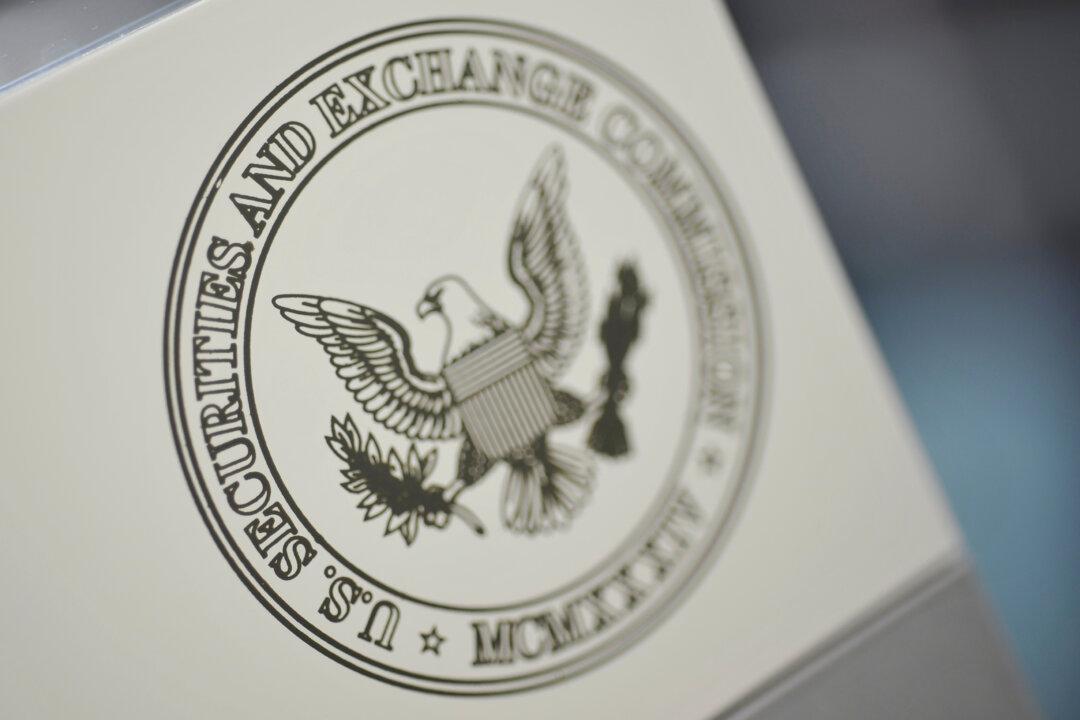WASHINGTON—U.S. authorities said on Oct. 16 it has obtained an asset freeze against 18 traders, who are primarily China-based, over an international market manipulation scheme that has reaped more than $31 million in illicit profits over several years.
The U.S. Securities and Exchange Commission said the traders had been manipulating more than 3,000 U.S.-listed securities for at least six years, using multiple accounts to create artificially high or low prices to buy or sell at a profit.





